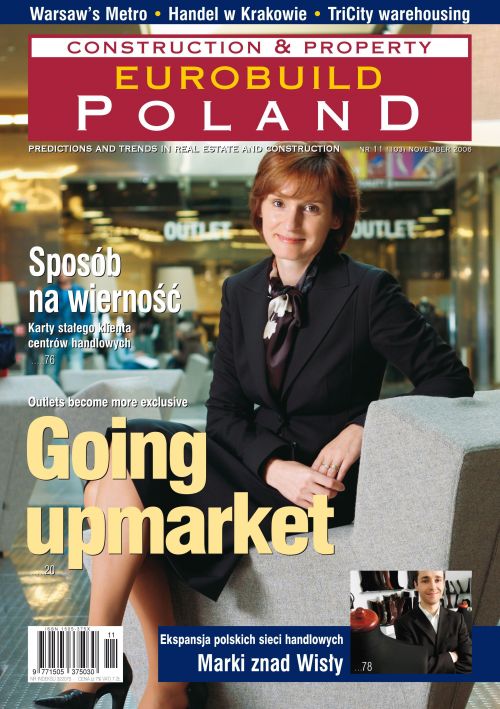Native brands familiar on the Polish market for many years are more frequently popping up on foreign markets, with clothing companies leading the pack, although others are now getting in on the actEastern Europe continues to be the principal area of expansion, with most outlets appearing in Ukraine, still regarded by Polish producers to be virgin territory.Maciej Dyjas, president of the EM&F group, remarks: “It is a huge market of forty million people and has tremendous potential. In many respects the Ukrainian market is similar to that of Poland in the late 1990s, but I would say Ukraine will make up for lost ground over Poland much earlier than within 8 years.”The Russian market is also promising though more expensive than Ukraine, with more than 200 shopping malls operating in Moscow alone. Renata Kusznierska, director of the Retail Space Department of DTZ Polska, notes that: “Though investment costs in Moscow are greater by as much as 30 to 40 pct than in Warsaw, invested cap




























































